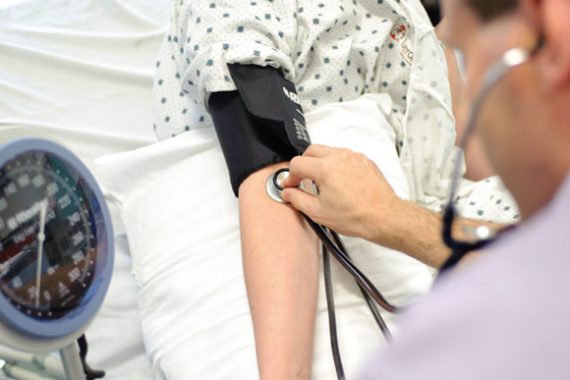GP-based pharmacists can have ‘significant’ impact on cutting patients’ CVD risk, finds study

GP practice-based pharmacists can have a ‘significant’ impact on reducing patients’ cardiovascular risk, research has concluded.
A meta analysis of 21 trials involving almost 9,000 patients found that intervention from a GP pharmacist – most commonly a medication review or medication management session – led to decreases in blood pressure and cholesterol, thereby limiting the risk of CVD.
The pharmacist interventions, which also included patient education, also helped people to better stick to their prescribed medicine regimes, according to the review, published in the British Journal of Clinical Pharmacology.
Overall a pharmacist review led to an average reduction in systolic blood pressure of 9.33 mmHg, an average drop in HbA1c of 0.76%, and cut LDL cholesterol by an average of 15.19 mg/dl, researchers reported.
The study team, from Birmingham University, said the findings support a greater involvement of pharmacists in the management of hypertension, diabetes and dyslipidaemia, as well as providing an ‘important message’ to policy makers about GP pharmacists’ role in managing chronic diseases.
Study author Abdullah Alshehri said: ‘The evidence presented in this review provides an important message to health systems and policy makers regarding the effectiveness of general practice-based pharmacists’ interventions.
‘The significant reductions in blood pressure, blood glucose, and blood cholesterol reported in this meta-analysis, if sustained in clinical practice, could have significant implications for managing hypertension, diabetes and dyslipidaemia that could prevent cardiovascular morbidity and mortality.’
He added that more work is needed to assess the effectiveness of GP pharmacists on other non-medical risk factors such as obesity, smoking and alcohol consumption.
The team are currently doing more research, due to publish next year, on what roles GP pharmacists are doing currently.
Dr Krishna Kasaraneni, BMA GP Committee executive team member, said: ‘Many practices now recruit clinical pharmacists to address different aspects of workforce need and in turn, can free-up time for GPs to spend with patients who have more complex conditions.
‘The roles and functions vary from practice to practice, depending on where GPs need the most support, but clinical pharmacists are trained to take on a variety of responsibilities including triaging and managing common ailments, responding to acute medical requests, and managing medication.’
Visit Pulse Reference for details on 140 symptoms, including easily searchable symptoms and categories, offering you a free platform to check symptoms and receive potential diagnoses during consultations.









